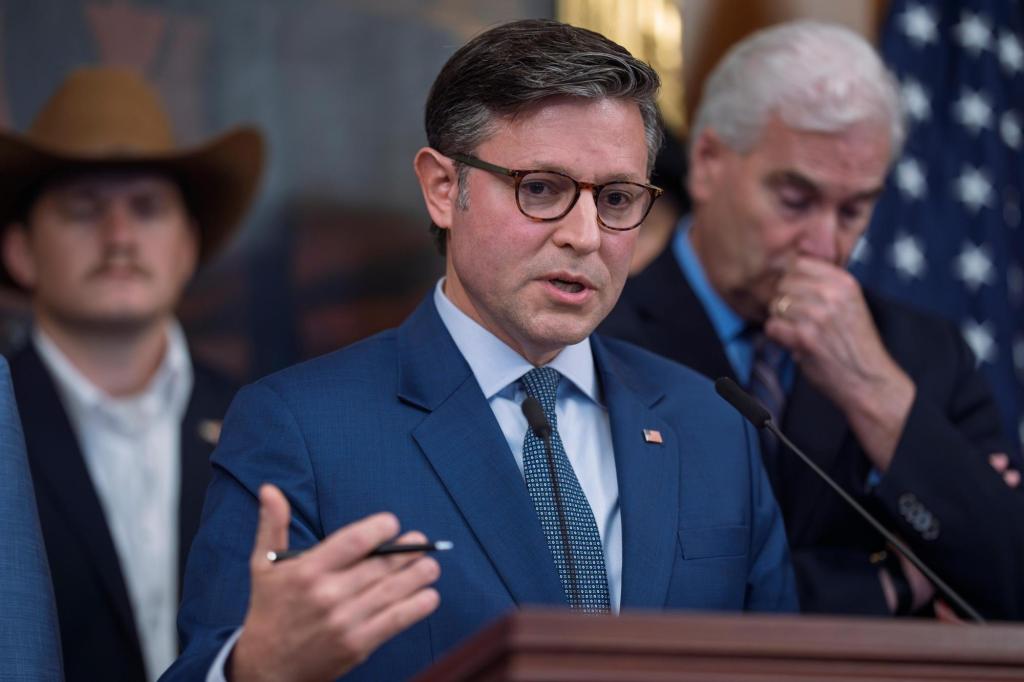In recent days, the political arena has become increasingly contentious as House Republicans introduced a temporary spending measure aimed at maintaining federal operations through November 21. With the new budget year set to begin on October 1, this proposal places pressure on Democrats, who are now faced with the prospect of a partial government shutdown. But what are the implications of this bill, and why is it stirring such heated debate among lawmakers?
The proposed legislation generally sustains current funding levels across federal agencies, though it includes a notable increase of $88 million intended to enhance security for lawmakers and Supreme Court justices. This additional funding comes in response to a rising number of threats against public officials, fueled by incidents such as the shocking assassination of conservative activist Charlie Kirk.
Impending Vote and Senate Dynamics
The House is anticipated to cast votes on this measure by Friday, with Senate Majority Leader John Thune expressing a desire for swift action in the Senate. However, for the bill to progress, it will require bipartisan support, particularly from Democrats. Currently, it remains uncertain whether such collaboration will materialize.
Senate Democratic leader Chuck Schumer and House Democratic leader Hakeem Jeffries have sought discussions with their Republican counterparts to negotiate terms. Yet, they assert that the GOP has resisted these overtures. As it stands, the bill needs backing from at least seven Democrats in the Senate to surmount procedural obstacles and move forward.
Blame Game and Political Maneuvering
While both parties appear to be engaged in a blame game, Schumer emphasized that the Republicans’ actions reveal a reluctance to engage in meaningful negotiations. “They can try and play the blame game, but their actions tell a different story,” he remarked, indicating a frustration with the current standstill.
On the flip side, Republicans argue that it is the Democrats who are politicizing the situation. They contend that Democrats are insisting on including health coverage discussions in the funding negotiations, which they believe should not be intertwined with this budget bill. Historically, it has often been Republicans who have resorted to shutdown threats to draw attention to their priorities, as seen during the prolonged shutdown of 2018-19 over border wall funding.
Healthcare and Legislative Pressures
In this instance, Democrats find themselves under significant pressure from their constituents to confront issues related to healthcare. Specifically, they are worried about potential increases in health insurance premiums for millions of Americans if Congress does not extend enhanced subsidies, which were implemented during the COVID-19 pandemic and are set to expire soon.
Republican Representative Johnson dismissed the urgency around these health insurance tax credits, labeling them as issues better suited for December negotiations rather than September. “It’ll be a clean, short-term continuing resolution, end of story,” he stated, suggesting that the current funding bill should remain straightforward and devoid of additional complications.
As tensions rise and deadlines loom, the landscape of federal funding remains precarious. Will both parties find common ground, or will the impasse lead to a shutdown that could impact millions? The coming days will be crucial in determining the fate of this budget proposal and, by extension, the functioning of the government.




















